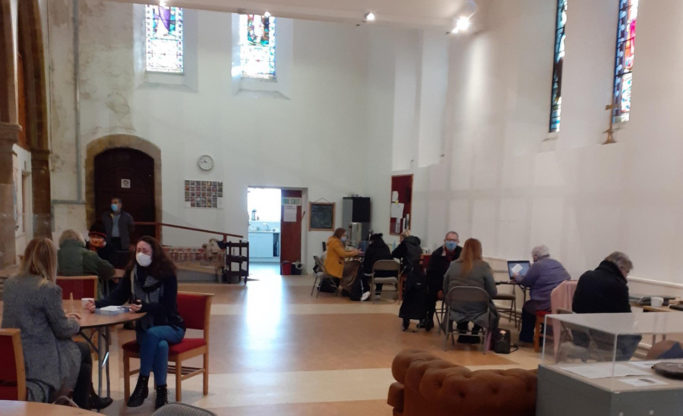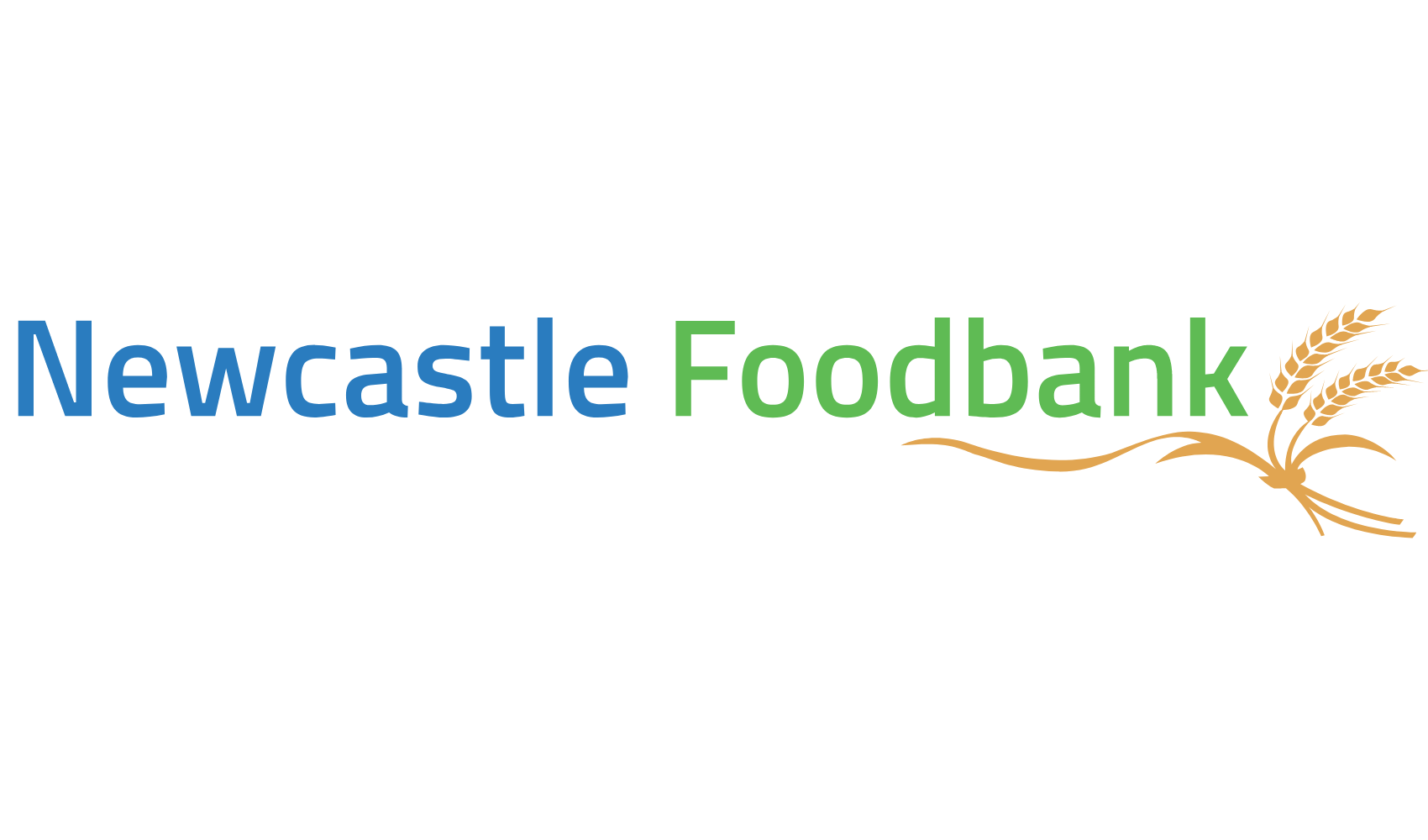
With the plight of the poorest – and those on average incomes – set to considerably worsen over the next year, the need for our food bank, and the services it provides, will become greater. Demand for our food will assuredly rise – at a time when donations are likely to fall.
Rarely have a combination of circumstances delivered such a challenging picture: energy prices set to double; the cost of living rising to the highest levels in almost a generation; higher national insurance contributions hitting the poor hardest. All this against the backdrop of people, and organisations, still struggling with the economic and social impact of Covid 19.
Those challenges come at a time when the Newcastle west end food bank has become a city-wide charity, part of its essential social fabric, offering help to customers not only with food but also through a welfare project called Pathways – and now with ambitions to become a provider of low-priced food for those with the ability to make modest payments for essential items.
During the two years of the Covid pandemic, the food bank has grown with seven distribution hubs across Newcastle providing food parcels, specially-prepared ‘takeaway’ frozen and fresh meals from our own kitchen – supplemented with veg and fruit from our own garden – and, of course, welfare assistance to those (families, couples, single people) struggling to get by.
Demand is considerable: in the year to April, 2022, 42,936 people have benefited from our food parcels. It’s taken 260 tonnes of food to fill them – much of it gratefully received in donations, although we spent £66,000 on additional food to meet a shortfall. The new (2022-23) financial year will be more demanding.
But far from standing still, the food bank has been developing, widening its social net, as the Pathways project underlines. This offers help to clients with, for instance, money, health and housing problems. Trained advisers offer expert advice and can access a referral network to provide expert support.
In the past 11 months, staff and volunteers in this project have handled 1827 cases – often concerning Universal Credit, housing and health related issues and financial insecurity – and almost three-quarters of cases have been successfully resolved. In almost a year, the Pathways team have secured £264,683 in financial ‘gains’ for clients, in areas such as underpayment in welfare provision from Universal Credit to disability payments.
In other areas, too, the food bank is casting its net wider – by moving towards low-cost food provision, possibly through a mobile ‘pantry’, for hard-pressed families and people prepared, or able, to make a modest contribution for items. This will be determined through careful research followed by a trial, as food inflation bites.
